Machine Learning inStructural Biology
Join leading researchers at the intersection of machine learning and structural biology and explore cutting-edge advances in predictive modelling and design of biological macromolecules.
Key Topics
- Prediction of biomolecular structures, complexes, and interactions
- Design of or generative models for structure and/or sequence
- Methods for structure determination / biophysics (Cryo-EM/ET, NMR, crystallography, single-molecule methods, etc.)
- Conformational change, ensembles, and dynamics
- Integration of biomolecular physics
- Function and property prediction
- Structural bioinformatics and systems biology
- Therapeutic screening and design
- Language models and other implicit representations of protein structure
- Forward-looking position papers
Important Dates
October 1, 2025 AoE
Submissions with open-sourced code, models, or datasets will be prioritized for spotlight talks, but all are eligible for poster presentation.
This workshop is non-archival; accepted papers may be shared on our website. Concurrent submissions and work-in-progress or position papers are welcome.
Invited Speakers San Diego, US
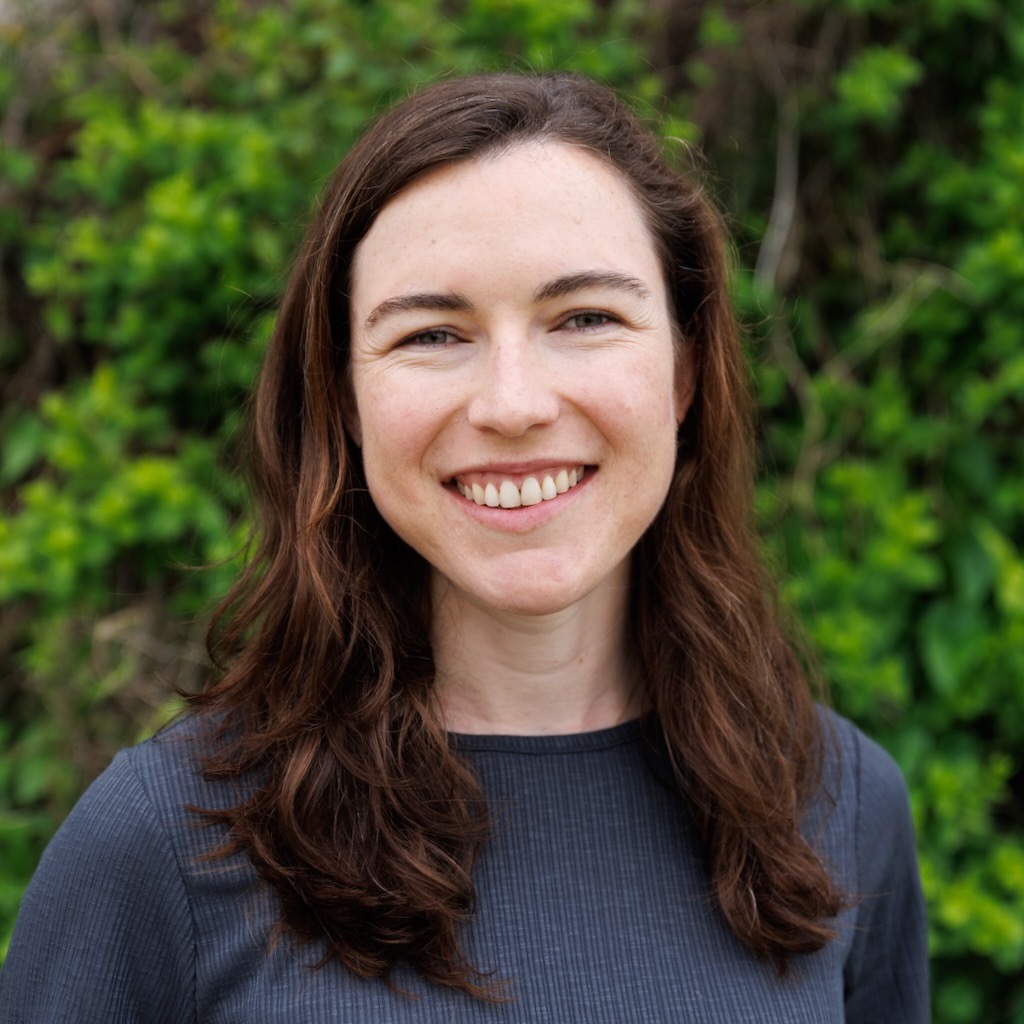
Hannah K. Wayment-Steele
UW Madison
Biomolecular Dynamics

Michael Pieler
Future House/Edison Scientific
AI Agents

Bruno Correia
EPFL
Protein Design
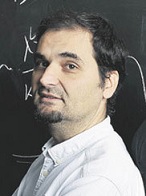
Mile Sikic
Genome Institute of Singapore
Nucleic Acid Structure Prediction

Ellen Zhong
Princeton University
Cryo-EM

Pratyush Tiwari
University of Maryland, College Park
Molecular Simulation
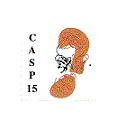
CASP Organizers
U Maryland, UC Davis
Structure Prediction
Invited Speakers Copenhagen, DK
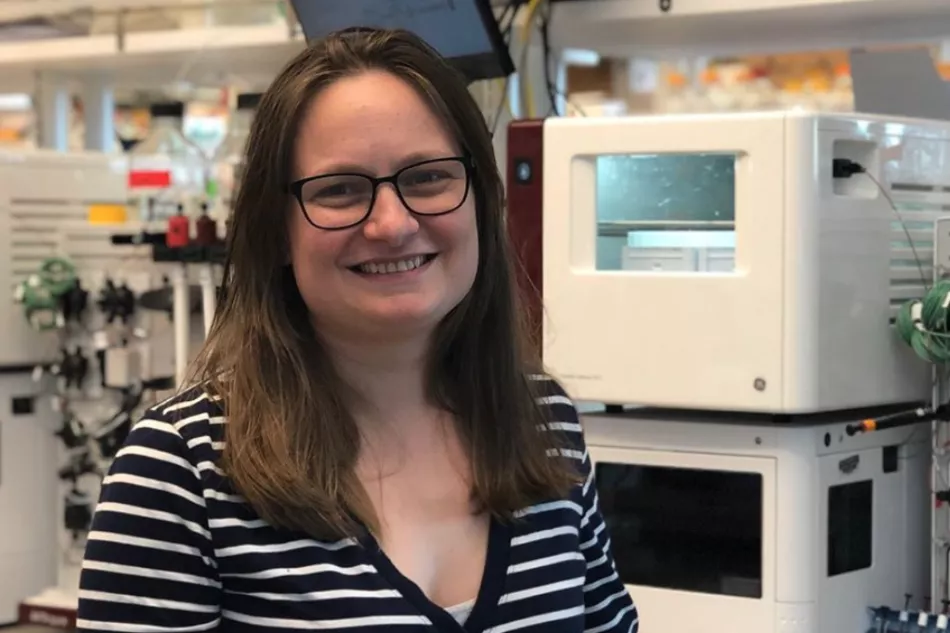
Anastassia Vorobieva
VIB
Protein Design

Patrick Bryant
Stockholm University
Protein Design

Haris Saeed
University of Oxford
Protein Tuning
Industry Panel

Paolo Marcatili
Novo Nordisk
Antibody Design

Julian Englert
AdaptyvBio
Lab Automation

Constance Ferragu
Cradle
Protein Engineering
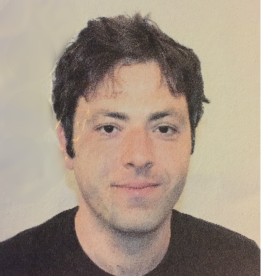
Talip Uçar
Boltz
Protein Design
Sponsors US Edition
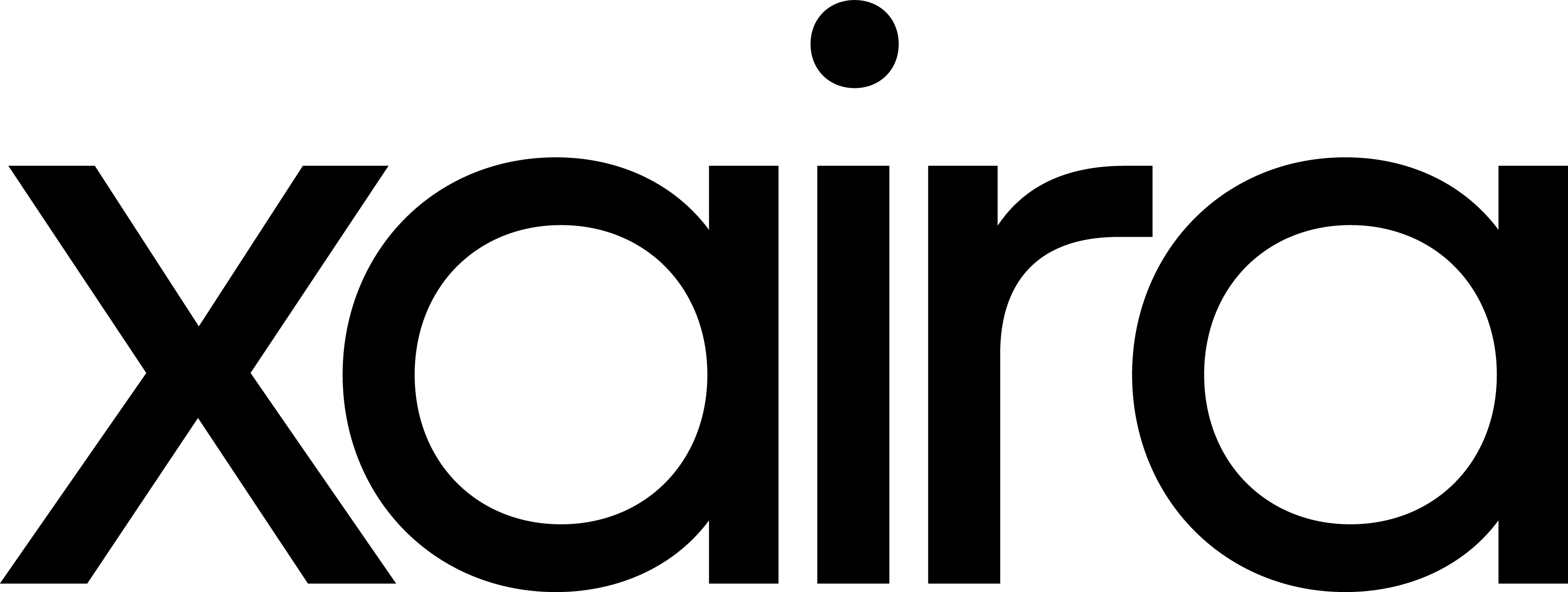







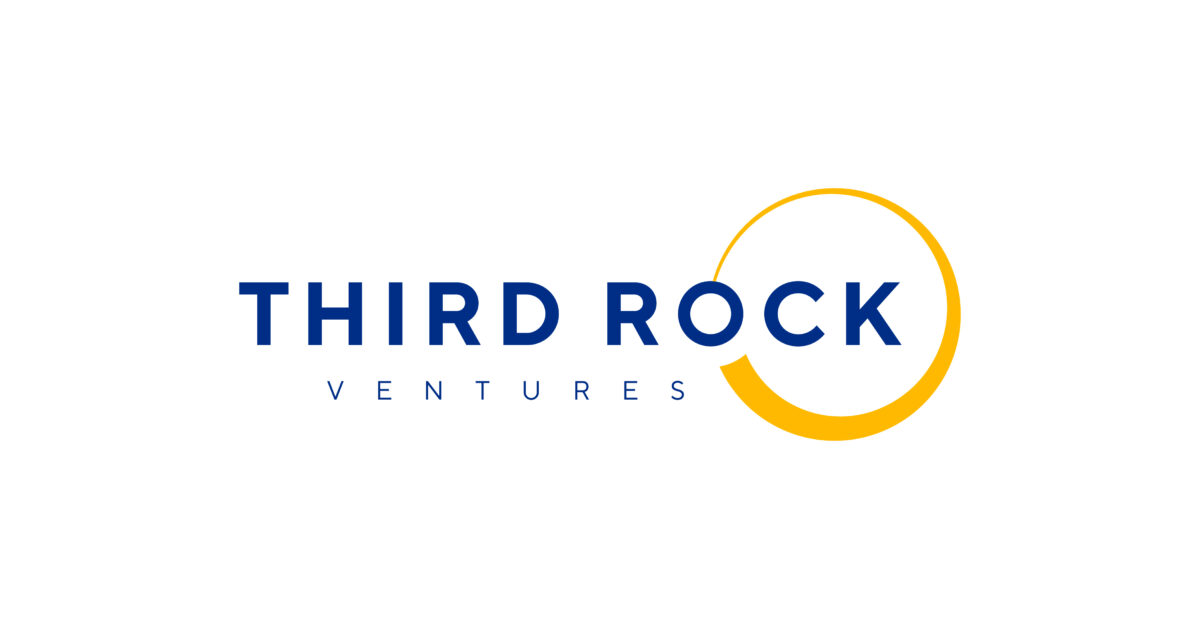
Sponsors EU Edition

